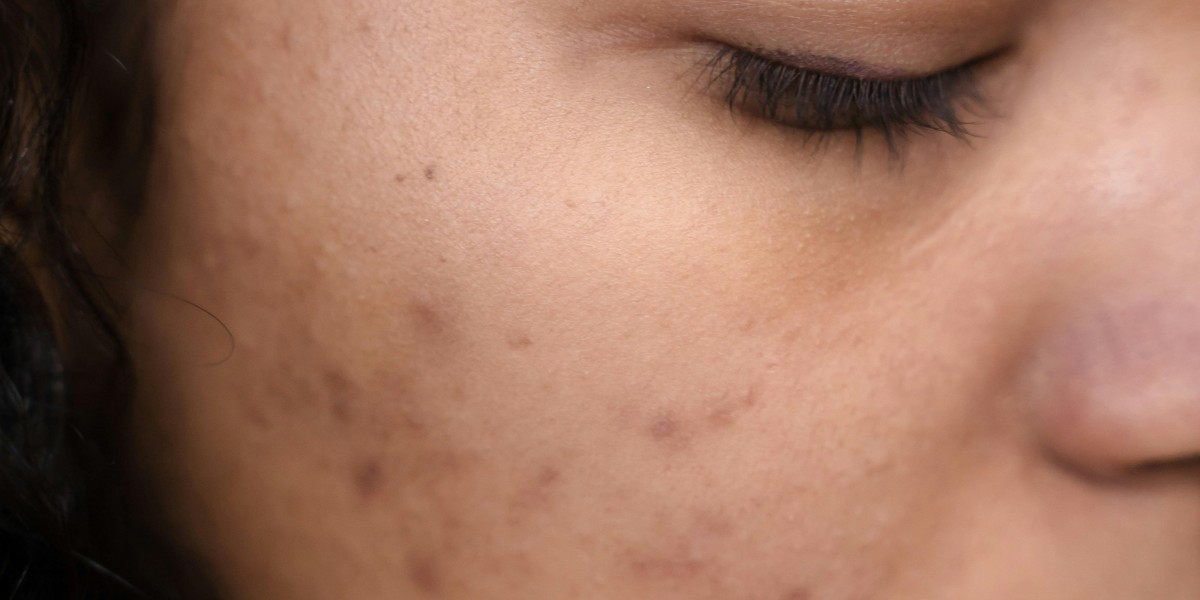Acne is one of the most common skin conditions worldwide. Almost everyone experiences it at some point in their life. For some, it is mild and temporary, while for others it can be persistent, painful, and damaging to confidence. While over-the-counter creams and home remedies work for some people, others need stronger help. That’s when a doctor prescription for acne becomes necessary. Prescription creams are often more powerful, targeted, and effective than drugstore options. Understanding how these acne treatment cream prescription solutions work, and when to see a doctor for them, can make a big difference in achieving clearer, healthier skin.
Why Do People Get Acne?
To understand why prescription creams are needed, it helps to know how acne forms. Acne develops when hair follicles under the skin become clogged with oil (sebum), dead skin cells, and sometimes bacteria. This leads to blackheads, whiteheads, pimples, or even painful cysts. Contributing factors include:
Hormones: Often during puberty, pregnancy, or menstrual cycles.
Genetics: Some people are more prone to acne.
Stress: Can increase hormone production.
Diet: High-sugar or dairy-heavy diets may worsen acne for some.
Skincare products: Heavy creams or oily cosmetics can block pores.
Mild cases can be treated with cleansers and over-the-counter gels. But when acne is moderate or severe, stronger medical treatments are required.
When Do You Need a Doctor Prescription for Acne?
Not everyone needs prescription medication. A doctor prescription for acne is usually recommended when:
Over-the-counter products don’t work after several weeks.
Acne is moderate to severe.
Pimples are painful, large, or deep under the skin.
Scars are starting to form.
Acne affects confidence and daily life.
Seeing a doctor ensures that the right medication is chosen for your skin type and condition.
Types of Acne Treatment Cream Prescription Options
There are several prescription creams and gels available, each designed to target acne in different ways.
1. Retinoid Creams (Vitamin A Derivatives)
Examples: Tretinoin, Adapalene, Tazarotene
How they work: Increase skin cell turnover, unclog pores, and prevent new breakouts.
Best for: Blackheads, whiteheads, and inflammatory acne.
Notes: May cause redness or dryness at first, but the skin adapts.
2. Antibiotic Creams
Examples: Clindamycin, Erythromycin
How they work: Kill acne-causing bacteria and reduce inflammation.
Best for: Red, inflamed pimples and pustules.
Notes: Often combined with benzoyl peroxide to prevent resistance.
3. Azelaic Acid Creams
Examples: 15–20% prescription strength
How they work: Reduce bacteria, clear pores, and even skin tone.
Best for: Mild to moderate acne and people with sensitive skin.
4. Benzoyl Peroxide (Prescription Strength)
Stronger than over-the-counter versions.
Reduces bacteria and prevents blocked pores.
Often combined with antibiotics for stronger results.
5. Combination Treatments
Many prescriptions combine two active ingredients, such as:
Clindamycin + Benzoyl Peroxide
Adapalene + Benzoyl Peroxide
These combinations work on multiple causes of acne at once, making them highly effective.
How Doctors Decide Which Cream to Prescribe
A doctor will consider:
Severity of acne (mild, moderate, or severe).
Skin type (oily, dry, sensitive).
History of past treatments (what has or hasn’t worked).
Presence of scarring or risk of scarring.
Age and medical history (e.g., pregnancy restrictions).
For example:
A teenager with mild blackheads might get a retinoid cream.
An adult with red, painful pimples may get a retinoid + antibiotic cream.
Someone with sensitive skin may be prescribed azelaic acid instead.
Benefits of Acne Treatment Cream Prescription
Stronger Results: More powerful than over-the-counter products.
Targeted Action: Chosen for your specific acne type.
Prevention of Scars: Reduces risk of long-term skin damage.
Dermatologist Support: Professional monitoring for side effects.
Customizable: Can be combined with oral medications for best results.
How to Use Prescription Acne Creams Effectively
Even the best cream will not work overnight. Consistency and patience are essential. Here are important tips:
Cleanse first: Use a gentle cleanser before applying cream.
Use a small amount: A pea-sized amount is usually enough.
Apply thinly: Spread evenly across affected areas, not just on pimples.
Start slowly: If irritation occurs, apply every other night until skin adjusts.
Moisturize: Use a light, non-comedogenic moisturizer.
Sunscreen: Some treatments make skin sensitive to the sun.
Be patient: Visible results often take 6–12 weeks.
Possible Side Effects
Prescription creams can sometimes cause:
Dryness
Redness
Flaking
Mild burning or stinging
These effects often improve as the skin adapts. Doctors may recommend using the cream less often at first or combining it with a moisturizer.
Other Prescription Options Beyond Creams
Sometimes creams alone are not enough. Doctors may prescribe:
Oral Antibiotics: Reduce bacteria and inflammation.
Oral Contraceptives: Balance hormones in women.
Isotretinoin (Accutane): A powerful option for severe acne.
These treatments are often used alongside prescription creams for maximum effect.
Lifestyle Tips to Support Prescription Treatment
Even with medication, lifestyle matters. Here’s how to boost results:
Wash face gently twice daily.
Avoid picking or squeezing pimples.
Eat a balanced diet with less processed food.
Manage stress through exercise or meditation.
Stay hydrated.
Get enough sleep.
When to Follow Up with Your Doctor
Follow-up appointments are important to:
Check if the cream is working.
Adjust dosage or switch medications if needed.
Manage side effects.
Discuss adding oral medications if acne remains severe.
Final Thoughts
For many people, acne is more than a skin issue—it affects confidence, self-esteem, and daily life. While mild cases can be treated with drugstore products, persistent or severe breakouts often require medical help. A doctor prescription for acne ensures that you receive the right treatment for your skin type and condition. Prescription creams are stronger, more targeted, and often more effective than over-the-counter solutions.
Options like retinoids, antibiotics, azelaic acid, or combination treatments are tailored to reduce breakouts, prevent scarring, and restore healthy skin. Using an acne treatment cream prescription properly—combined with good skincare habits, lifestyle changes, and follow-up care—can make a huge difference in achieving clear skin.
The journey may take time, but with medical guidance and consistency, clearer skin is possible. If acne is causing frustration, pain, or scars, seeking a doctor’s help is one of the best steps you can take.








